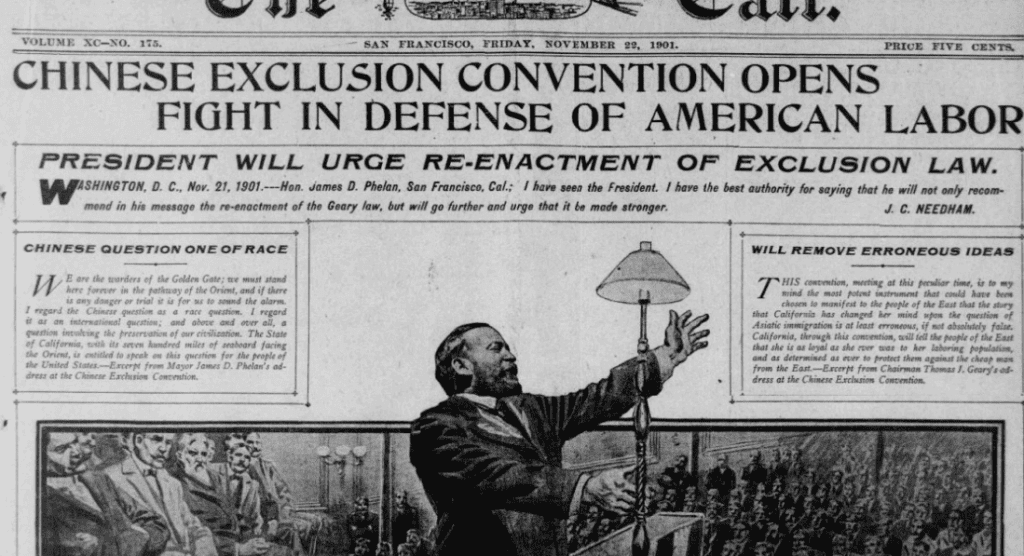Experiencing natural disasters increases partisan disagreement on climate change

As climate-related disasters become increasingly frequent and destructive, one might expect first-hand experience of these events to bring consensus on the urgency of addressing climate
From decline to revival: Policies to unlock human capital and productivity

The question of why productivity growth slowed from the early- to mid-2000s continues to interest policymakers, but researchers have paid less attention to the role
Two centuries of systemic bank runs

Bank runs are notoriously difficult to measure systematically. This column constructs two novel, cross-country databases on bank run events in 184 countries over 1800-2023 and
Beyond energy: Inflationary effects of metals price shocks

The shift from fossil fuels to renewable technologies may render the global economy less oil-intensive and more metals-intensive. This column examines how metals supply shocks
US green power demand expected to grow regardless of election outcome

Demand for green power in the United States will grow regardless of who is the country’s next president, major players in the wind energy sector Vestas and
Saudi Arabia may slash January crude prices for Asia

Top oil exporter Saudi Arabia is expected to slash crude prices for Asian buyers in January to the lowest in years, largely tracking a slump
Unwelcome in Germany, UniCredit CEO zeroes in on Italy

Just days before UniCredit CEO Andrea Orcel set his sight on a takeover target in Italy, more evidence emerged of fierce resistance to his interest
Singapore central bank fines JPMorgan $1.8 million over misconduct by relationship managers

Singapore’s central bank said on Monday it fined U.S. lender JPMorgan Chase S$2.4 million ($1.79 million) for failing to prevent and detect misconduct committed by
The macroeconomic effects of liquidity supply during financial crises

Negative economic shocks can cause waves of investor pessimism about the resilience of banks, which in turn generate additional adverse macroeconomic effects. This column introduces
The impact of the Chinese Exclusion Act on the economic development of the Western US

Immigration is one of today’s most controversial policy issues. A recurrent concern is that immigrants are taking the jobs of native workers, leading many governments





